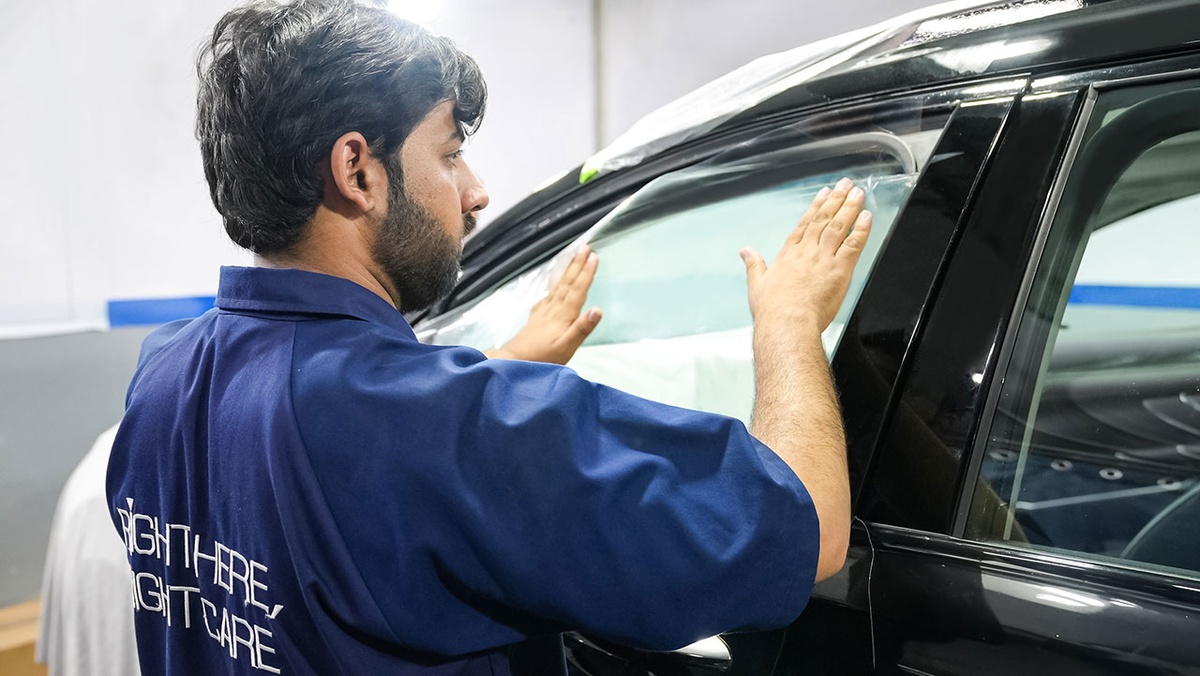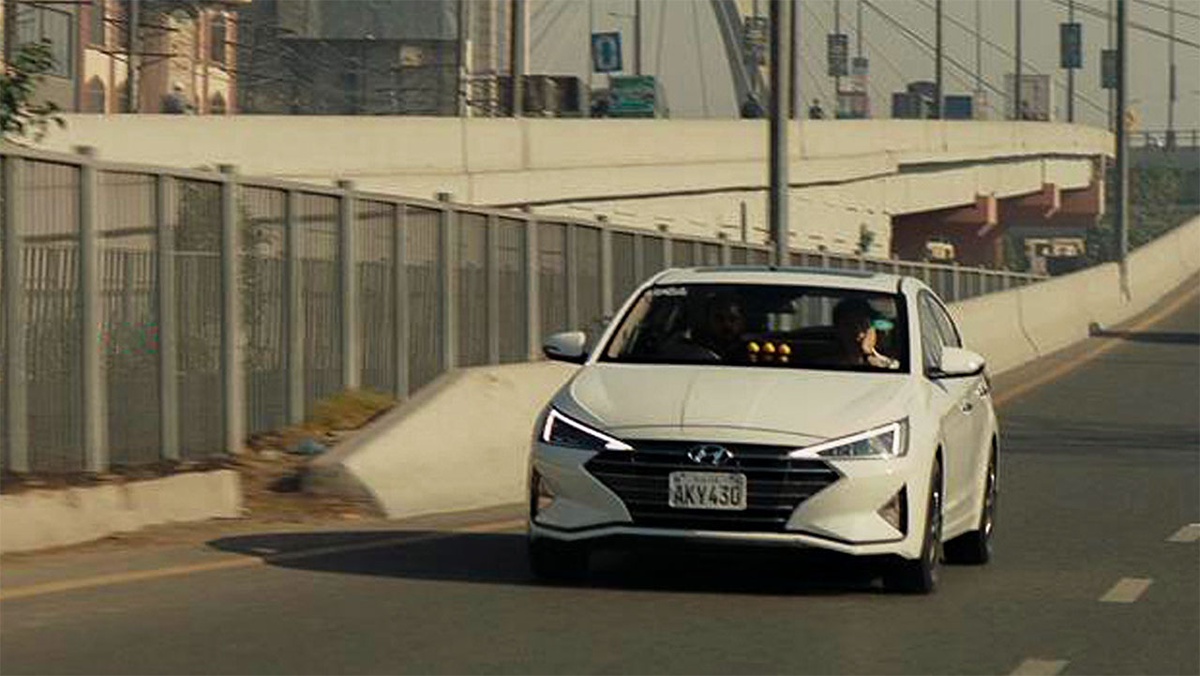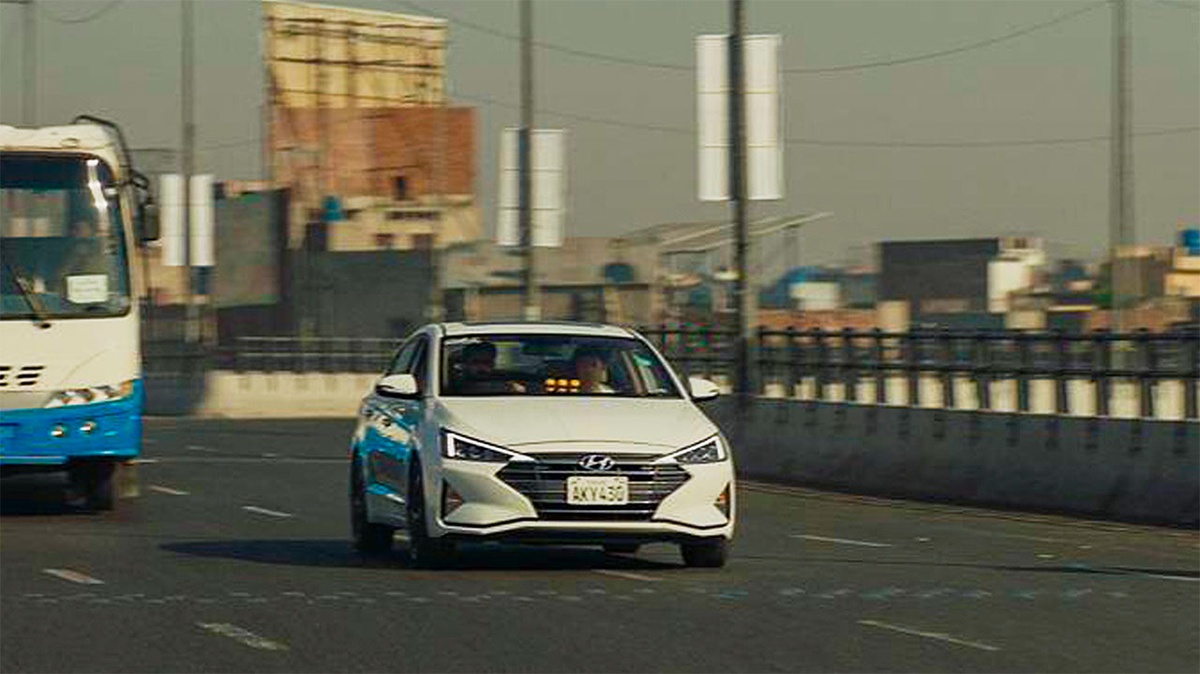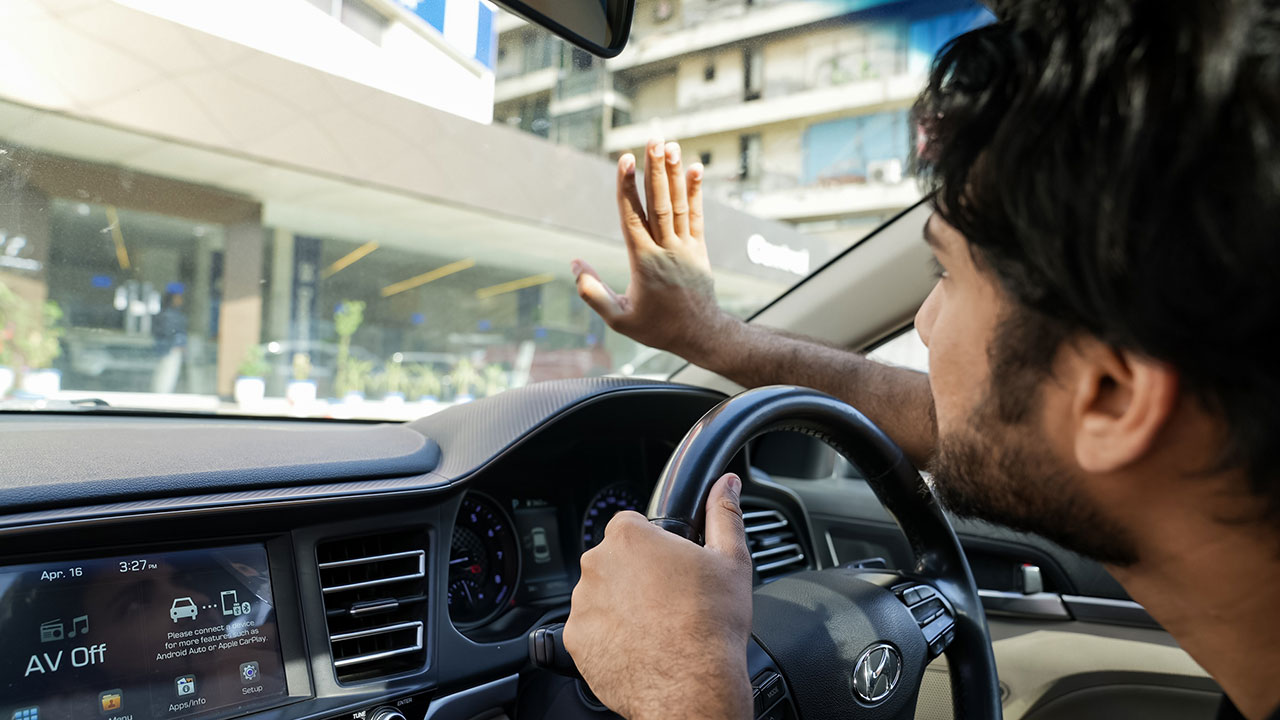Nano Cooling Film maximizes heat dissipation by incorporating a nanostructure with excellent heat transfer characteristics. This innovative transparent film is expected to be more effective in hot and dry climates, as the cooling effect is optimized at higher outdoor temperatures.
Nano Cooling Film surpasses conventional tint films in its ability to block heat while maintaining high transparency and unobstructed vision. Unlike dark tint shades that can negatively impact nighttime visibility and release absorbed heat into the vehicle, Nano Cooling Film effectively blocks external heat energy and emits internal radiant heat to the outside. This is achieved through its unique composition of three layers that selectively block or emit specific wavelengths of solar heat.
The film’s outer layer radiates heat at mid-infrared wavelengths from the interior of the vehicle to the exterior, while the inner two layers reflect incoming heat at near-infrared wavelengths, reducing the total amount of heat that reaches the inside of the vehicle.




Moreover, Nano Cooling Film can be applied in tandem with conventional tint films in countries where car tints are less regulated. If regular tint films are added on the back side of the Nano Cooling Film, the overall heat reflection and radiation are enhanced, resulting in greater cooling effects.
In a study comparing the interior temperature of vehicles during daylight hours in the summer, it was found that Nano Cooling Film reduced the temperature near the driver’s head by up to 10.98°C compared to conventional tint film, and up to 12.33°C compared to the same vehicle without window tinting. Additionally, the crash pad temperature of the vehicle with Nano Cooling Film was 15.38°C lower than the same vehicle with conventional tinting, and 22°C lower than the same vehicle without tinting.
To prove its effectiveness in a real-world application, the company today launched a ‘Made Cooler By Hyundai’ campaign, applying the film to 70 customer vehicles in Lahore, Pakistan, where daily summer temperatures can top 50°C. Hyundai Motor plans to use empirical data from this pilot campaign to ensure quality and enter mass production of the film in the future.
Source: Hyundai

